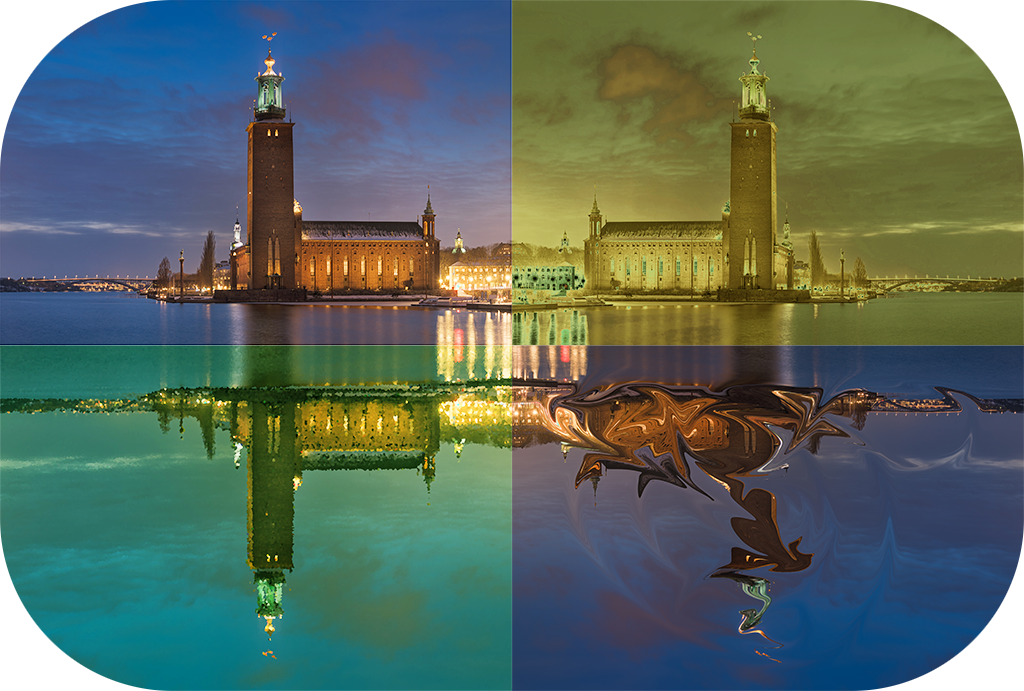Timetable
| Monday | Tuesday | Wednesday | Thursday | Friday | |
| 10am - 11am | Registration (10.30am) | Discussion Session: Seibold | Research Talk: Ramírez | Research Talk: Minahan | Free Discussion |
| 11am - 12pm | Opening | Free Discussion | Free Discussion | Free Discussion | Closing |
| Lunch | Lunch | Lunch | Lunch | Lunch | |
| 2pm - 3pm | Free Discussion |
Discussion Session: Seibold |
Discussion Session: Hassler & Wulff | Discussion Session: TBD | Free Discussion |
| 3pm - 4pm | Colloquium: Sfondrini | Free Discussion | Free Discussion | ||
| 4pm - 5pm | Free Discussion | ||||
| Evening | Reception and Networking (5pm) | Workshop Dinner (6pm) |
Registration, Research Talks and Discussion Sessions will take place in Room 4205, Albano Campus House 3.
The Colloquium will take place in Lecture Room 32, Albano Campus House 4. The Zoom link to join online is:
https://stockholmuniversity.zoom.us/j/67259623527?pwd=bjG5PbKdb4chVtyQsyPS0a3kUTFLYy.1
Titles and Abstracts
Colloquium
Alessandro Sfondrini (University of Padova) Slides ↑
Integrability, Dualities and Deformations
The theory of integrable models provides an approach to study quantum strings on curved backgrounds where worldsheet-CFT approaches fail, and to extract their planar spectrum and other observables. Remarkably, this includes many backgrounds crucial for our understanding of AdS/CFT. Recently, it has been understood that the space of integrable geometries is much larger than one could have imagined. This has implications for holography, supergravity, and integrability itself.
The colloquium is given as part of the Nordita Program Integrability, Dualities and Deformations.
The program Integrability, Dualities and Deformations which will run at NORDITA in the next two weeks will provide an overview of the most recent developments in this field. This colloquium aims at providing a pedagogical introduction to the field without assuming familiarity with integrability.
Research Talks
Konstantin Zarembo (Nordita) Slides ↑
Coulomb branch integrability
The D3-brane dual of spontaneous symmetry breaking happens to preserve AdS/CFT integrability, opening an avenue for applying boundary Bethe Ansatz to non-perturbative condensates (1pt functions) and possibly other observables on the Coulomb branch of SYM. This setup break conformal symmetry, generates a mass scale and has propagating massive particles with a non-trivial S-matrix and bound state spectrum.
Anayeli Ramírez (KU Leuven) Slides ↑
On deformations of AdS3 solutions: G-structures and supersymmetric probe branes
In this talk, I will discuss deformations of AdS3 solutions that preserve different amounts of supersymmetry and G-structures in the internal space. In particular, I present new AdS3 backgrounds obtained via TsT transformations with (4,0) and (2,0) supersymmetry and explore their implications in string theory. A key tool in this analysis is the use of the G-structure formalism which I will motivate and discuss in detail. Alongside, I discuss D-brane embeddings in the deformed backgrounds using the method of calibrations, highlighting their role in probing the geometry and understanding the dual field theories.
Joseph Minahan (Uppsala University) Slides ↑
The Hagedorn temperature and state counting
Discussion Sessions
led by Fiona Seibold (EPFL, Lausanne) ↑
Integrable deformations in holography
led by Falk Hassler & Linus Wulff (University of Wrocław & Masaryk University) ↑
Generalised geometry and α' corrections

